Webb student’s unique journey of self-discovery
by Jenny Wang | special to the COURIER
“Hello, my name is Jenny, and I am from Claremont, California.”
Prior to attending the annual Student Diversity Leadership Conference, this short introduction sufficed in making a stranger understand partially who I am, a driven high school girl who’s eager to dive deeper into her academic passions and get involved in her community.
However, when I boarded the plane with five fellow students and 15 faculty members and flew off to San Antonio, Texas, I unknowingly embarked on a transformative journey that would allow me to, for the first time, examine each facet of my identity with a compassionate and grateful lens.
At 6 a.m. Texas time, when my Californian body was still indulging in sweet dreams, thinking it was 4, I was hauled out of my hotel room bed to get ready for the first day of SDLC.
The day began with an incredible keynote speaker –– Amanda Nygwen. As a second-generation immigrant, Amanda talked about her mom’s tumultuous escape from the Vietnam War to the United States. She then shared how she discovered the brokenness of the American criminal justice system when she became a victim of rape while studying at Harvard Law School.
“I realized at that point that I had a choice,” Amanda said. “I could accept injustice or rewrite the law, and one of these things is a lot better than the other, so I rewrote it.”
While she made it sound easy, I could not help but picture the enormous difficulties she must have had to overcome to persuade lawmakers as a Vietnamese woman in a polarized political environment. To me, Amanda represented more than a 2019 Nobel Peace Prize nominee or feminist activist, but a second-generation Asian American who tackled the oppressive system to affect change. Despite the pervasive stereotypes spread against people who look like us –– submissive, exotic, sexual –– Amanda became a successful social entrepreneur who not only passed her own laws but helped jumpstart other social movements as well. Seeing how far she had come shattered my imaginary glass ceiling.
Following the keynote speaker, we transitioned into randomized family groups where we shared various aspects of our identities, from which one conversation stood out to me: socio-economic status. Because we were only together for three days and would likely never see each other again, people were extremely open and vulnerable. The first group shared their economic hardships and pressing need for scholarships; the second lowered their heads at not being able to qualify for enough financial aid, and shared guilt at having to put their families in debt to pursue higher education; the third pledged they would use their privilege to transform society for the better. All three groups had their own burdens to carry. From these conversations, I became more aware of how America operates as a capitalist democracy.
Then I attended the Asian affinity group meetings. As soon as I walked into the room I noticed people had already formed into cliques, most unwilling to open up to a new person. This environment presented a drastic contrast between Asian affinity and the Black and “Latinx” affinity spaces. We were divided by cultures and nationalities whereas the Black and “Latinx” groups were unified by a sense of mutual camaraderie. While the Asian affinity group was holding passive introductions, the Black and “Latinx” groups had already begun singing the Black national anthem and dancing to salsa music. However unwilling I was to admit that we fit perfectly into the stereotype, the evening continued.
Eventually we realized that in spite of our different upbringings and cultural familiarity, we were united in many aspects; we all grapple with the model minority myth, high parental expectations, and hesitancy when it comes to Asians’ role in social justice movements. For so long we remained separate and secluded in our bubbles, but the Stop Asian Hate movement in 2021 brought us back together. I realized although our different cultures may at times be dissenting, they are simultaneously our greatest strength. We can better combat orientalism because of our varying backgrounds and perspectives. When I glanced around the room and made eye contact with different people, I sensed our generation was standing on the shoulders of giants –– that our parents faced many of the same challenges Amanda’s mom did in bringing us to the land of democracy –– and it is now up to us to make it count.
When we returned to the family groups, we were asked where we were from, where we were really from, and where we were actually from. I paused to reflect on how I usually answer this question. “Claremont, California,” I would usually say, to avoid having to explain my immigration journey. However, the more I shy away from my Chinese identity, the more I am discounting my cultural heritage.
I thought back to the exhilaration I felt at reading Li Bai’s poetry while viewing the waterfall at Mount Lu, the peace of trekking through Yunnan’s tea plantation amidst heavy fog, the pure happiness of seeing the Mogao Grottoes muralswith my grandpa. Each one of these experiences shaped my character. Who am I to just toss them away after assuming an American identity?
We concluded the conference with a talent show, an event I will forever treasure. It was a moment of cross-racial solidarity, where students with various talents brought their truest self to the stage. Every recited poem was greeted with a thunderstorm of applause. The ballet dancers received standing ovations, and the audience waved their flashlights along with each singer’s performance. Two and-a-half hours passed while feeling like 30 minutes. As the lights dimmed in the theater, I realized there is something magical in gathering more than 1,000 students from all over the country –– all longing for diversity –– in the same space.
Jenny Wang, 16, is a junior at The Webb Schools, where she is the copy editor of the Webb Canyon Chronicle. Jenny plans to study international relations and journalism in college.


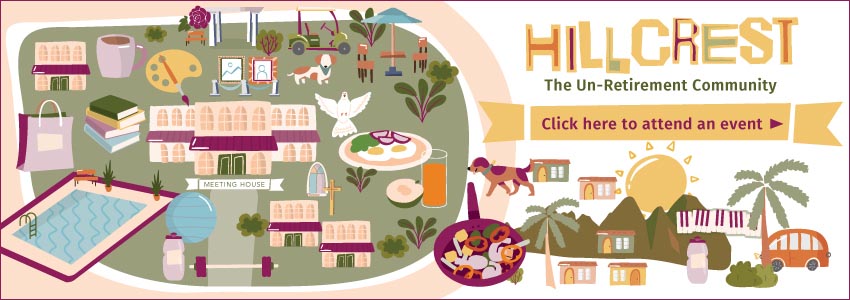


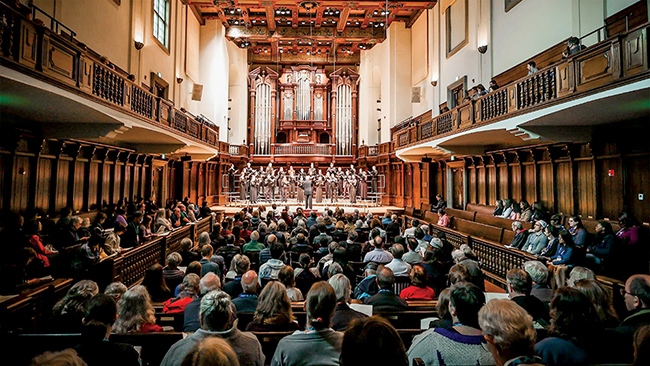
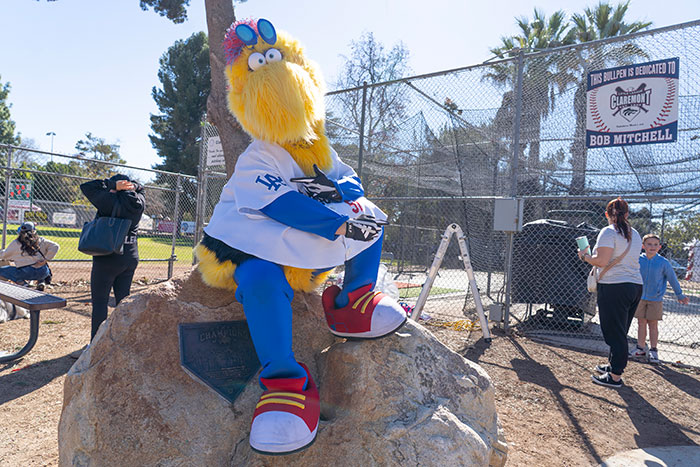
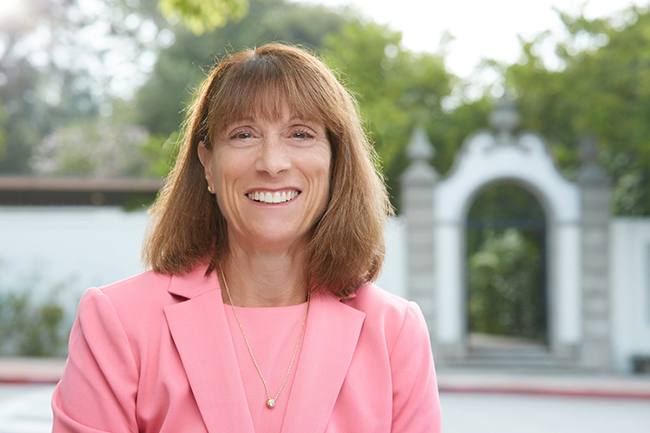
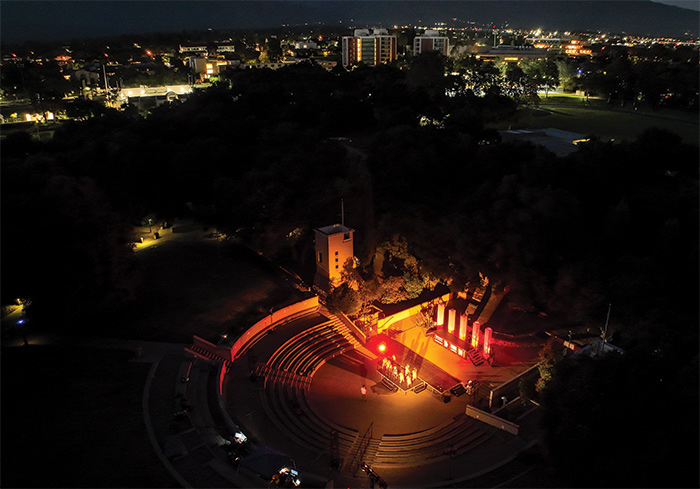

0 Comments